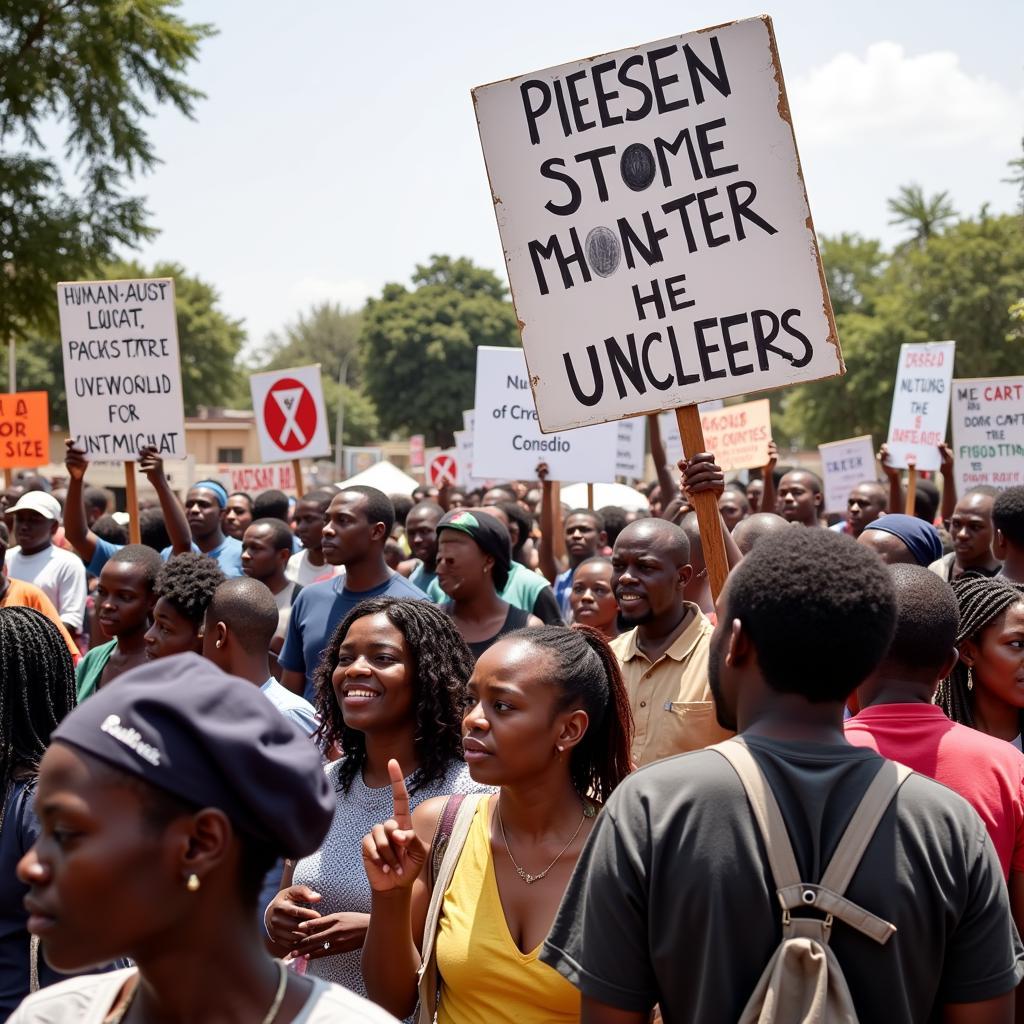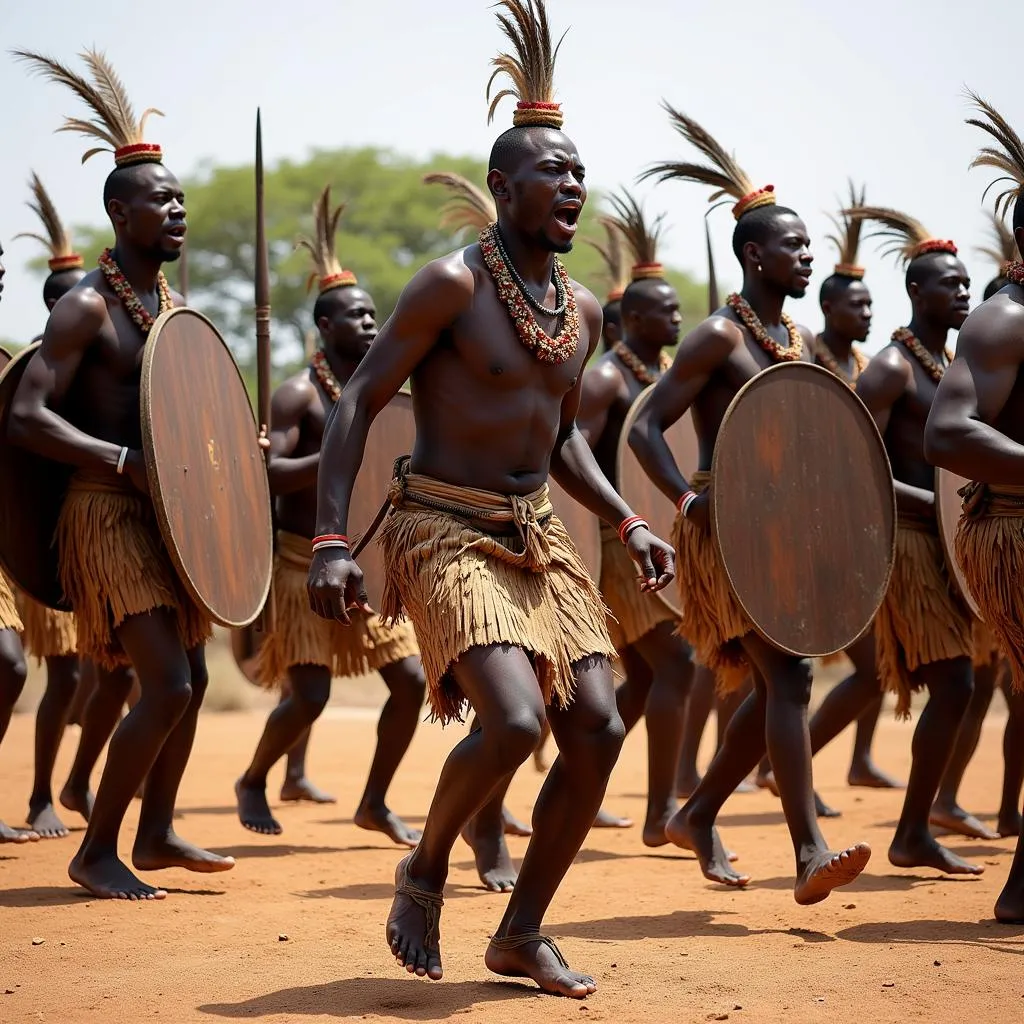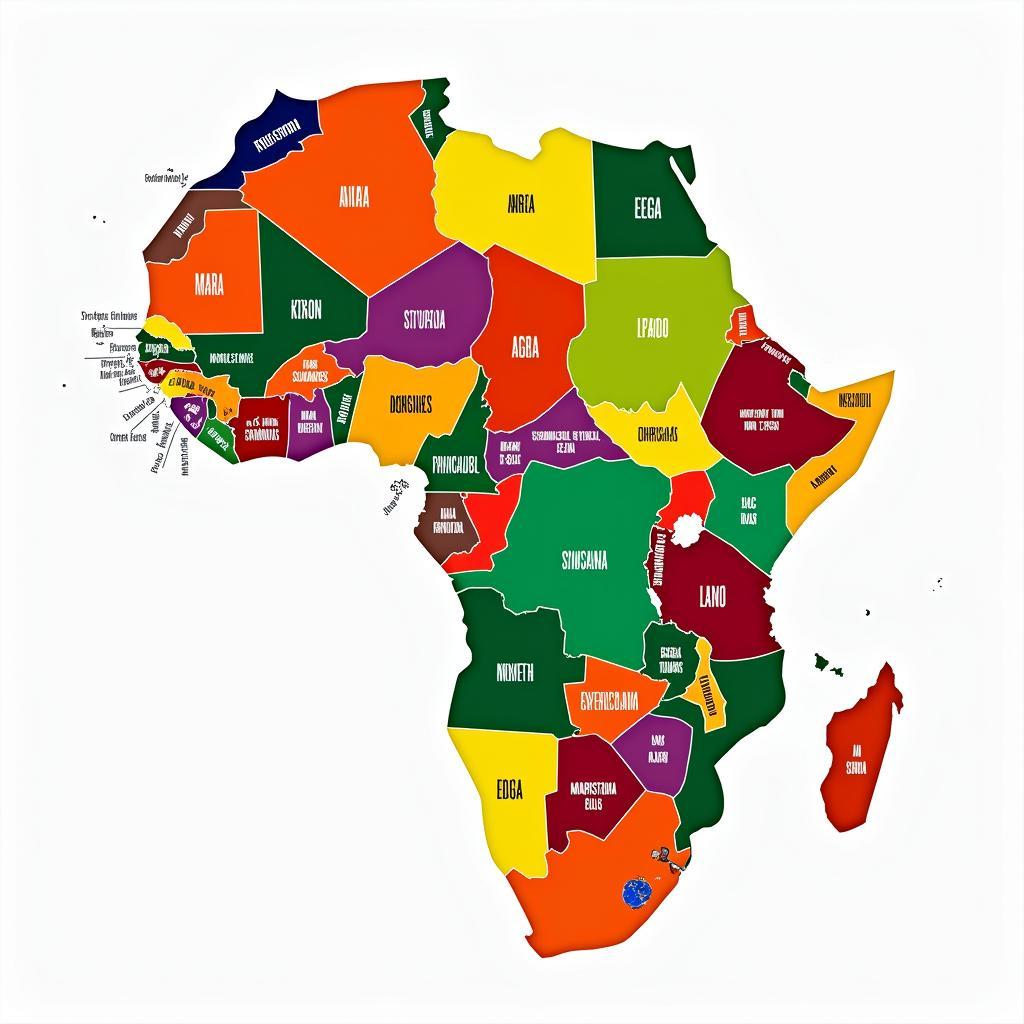Understanding the African Charter on Human and Peoples’ Rights
The African Charter on Human and Peoples’ Rights is a landmark human rights instrument that outlines the fundamental rights and freedoms of individuals and peoples within the African continent. Established in 1981, this charter plays a crucial role in promoting and protecting human rights across Africa. It addresses a wide range of rights, from civil and political to economic, social, and cultural, reflecting the unique context and challenges of the African continent. This article delves into the core principles, history, and impact of the African Charter, exploring its significance in advancing human rights and fostering social justice in Africa.
Historical Context and Development of the African Charter
The African Charter on Human and Peoples’ Rights wasn’t created in a vacuum. Its development was deeply rooted in the historical experiences of African nations, particularly the struggles against colonialism and apartheid. These experiences shaped the Charter’s emphasis on collective rights, self-determination, and the importance of cultural values. The Organization of African Unity (OAU), now the African Union (AU), played a key role in drafting and adopting the Charter. The document reflects a pan-African vision of human rights, tailored to the specific needs and realities of the continent.
 Impact of the African Charter on Local Communities
Impact of the African Charter on Local Communities
Key Provisions and Principles of the African Charter on Human and Peoples’ Rights
The African Charter outlines a comprehensive set of rights, including the right to life, liberty, and security of person; freedom from slavery and forced labor; freedom of expression and association; the right to education and health; and the right to a fair trial. The Charter also recognizes collective rights, such as the right to self-determination, the right to development, and the right to a healthy environment. The Charter’s emphasis on both individual and collective rights distinguishes it from other international human rights instruments. It acknowledges the interdependence of individual well-being and the collective progress of African societies. What are the core principles underpinning the African Charter? They include equality, non-discrimination, dignity, and solidarity. These principles form the foundation for the realization of all other rights enshrined in the Charter.
You can find more information on the african charter on human and peoples rights ratification.
Implementation and Enforcement of the African Charter
The African Commission on Human and Peoples’ Rights, established under the Charter, plays a vital role in monitoring its implementation. The Commission receives complaints of human rights violations, conducts investigations, and issues recommendations to states. The african charter unts provides further information. While the Commission lacks the power to directly enforce its decisions, it plays a crucial role in promoting accountability and advocating for human rights. The African Court on Human and Peoples’ Rights complements the Commission’s work by providing a judicial mechanism for addressing human rights violations. Individuals and NGOs can bring cases before the Court, seeking redress for violations of the Charter.
A valuable resource you can consult is the african charter on human and peoples rights pdf.
Challenges and Future Directions
Despite significant progress, the implementation of the African Charter faces numerous challenges. These include limited resources, political interference, and capacity constraints within national judicial systems. Overcoming these obstacles requires sustained commitment from African states, civil society organizations, and the international community. Learn more about the history with the african charter oh human and peoples rights 1981. Strengthening the African human rights system, promoting awareness of the Charter, and empowering individuals to claim their rights are essential steps towards realizing the Charter’s vision of a just and equitable Africa. The list of african charter on human and peoples rights signatories provides important context.
 The Future of Human Rights under the African Charter
The Future of Human Rights under the African Charter
Conclusion
The African Charter on Human and Peoples’ Rights represents a significant milestone in the global human rights movement. Its unique focus on both individual and collective rights, coupled with its emphasis on African values and experiences, sets it apart as a vital instrument for advancing human rights and social justice on the continent. While challenges remain, the Charter provides a crucial framework for building a future where all Africans can enjoy the full spectrum of their human rights and fundamental freedoms.
FAQ
- What is the African Charter on Human and Peoples’ Rights?
- Who can bring a case before the African Court on Human and Peoples’ Rights?
- What are the key challenges facing the implementation of the African Charter?
- How does the African Charter address collective rights?
- What is the role of the African Commission on Human and Peoples’ Rights?
- What are the core principles of the African Charter?
- How does the African Charter contribute to social justice in Africa?
Other related articles you might find helpful: [Link to related article 1], [Link to related article 2].
Need assistance? Contact us 24/7: Phone: +255768904061, Email: [email protected] or visit us at Mbarali DC Mawindi, Kangaga, Tanzania.



